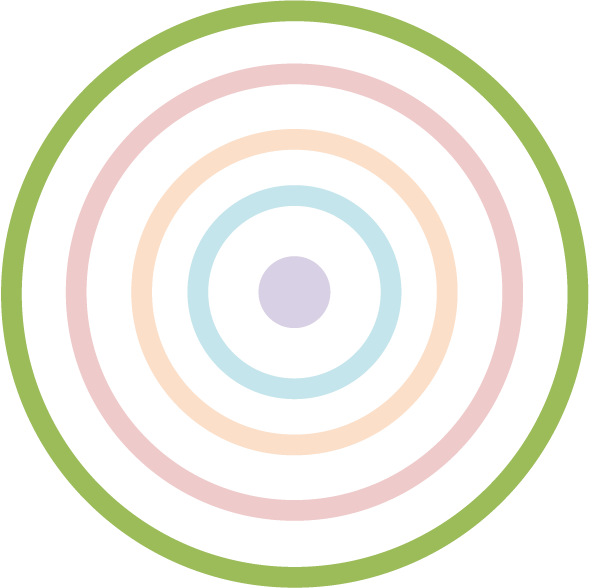
Drivers for Change – Share Data & Knowledge
Equity Framework > Drivers for Change > Share Data & Knowledge
Sharing data and knowledge refers to data use and distribution. Who ‘owns’ data? Who can use it? Who may access benefits from data? These are important questions for reflection. It is especially important that data be available to the communities who helped generate it. In addition, communities should receive benefits related to the data and have the right to use and share data and knowledge.
Data can be sensitive material with serious implications for communities. Transparent negotiations about what to share, how to share it, desired outcomes, and possible impacts is an important and ongoing part of data sharing.
Adapted from:
- Community-based participatory research: A guide to ethical principles and practice. Centre for Social Justice and Community Action, Durham University & National Co-ordinating Centre for Public Engagement, November 2012. Retrieved from https://www.durham.ac.uk/media/durham-university/departments-/sociology/Community-Based-Participatory-Research-A-Guide-to-Ethical-Principles,-2nd-edition-(2022)-.pdf
- HealthEquityGuide.org – Share Power with Communities. Retrieved from
https://healthequityguide.org/strategic-practices/share-power-with-communities/
Further Reading / Additional Resources:
The First Nations principles of OCAP® are a set of standards that establish how First Nations data should be collected, protected, used, or shared. They are the de facto standard for how to conduct research with First Nations.
https://fnigc.ca/ocap-training/
Sample Tools:
From Data to Action. This page includes helpful information, tips, guiding questions and resources to make a difference with data. https://raisingthevillage.ca/from-data-to-action/
